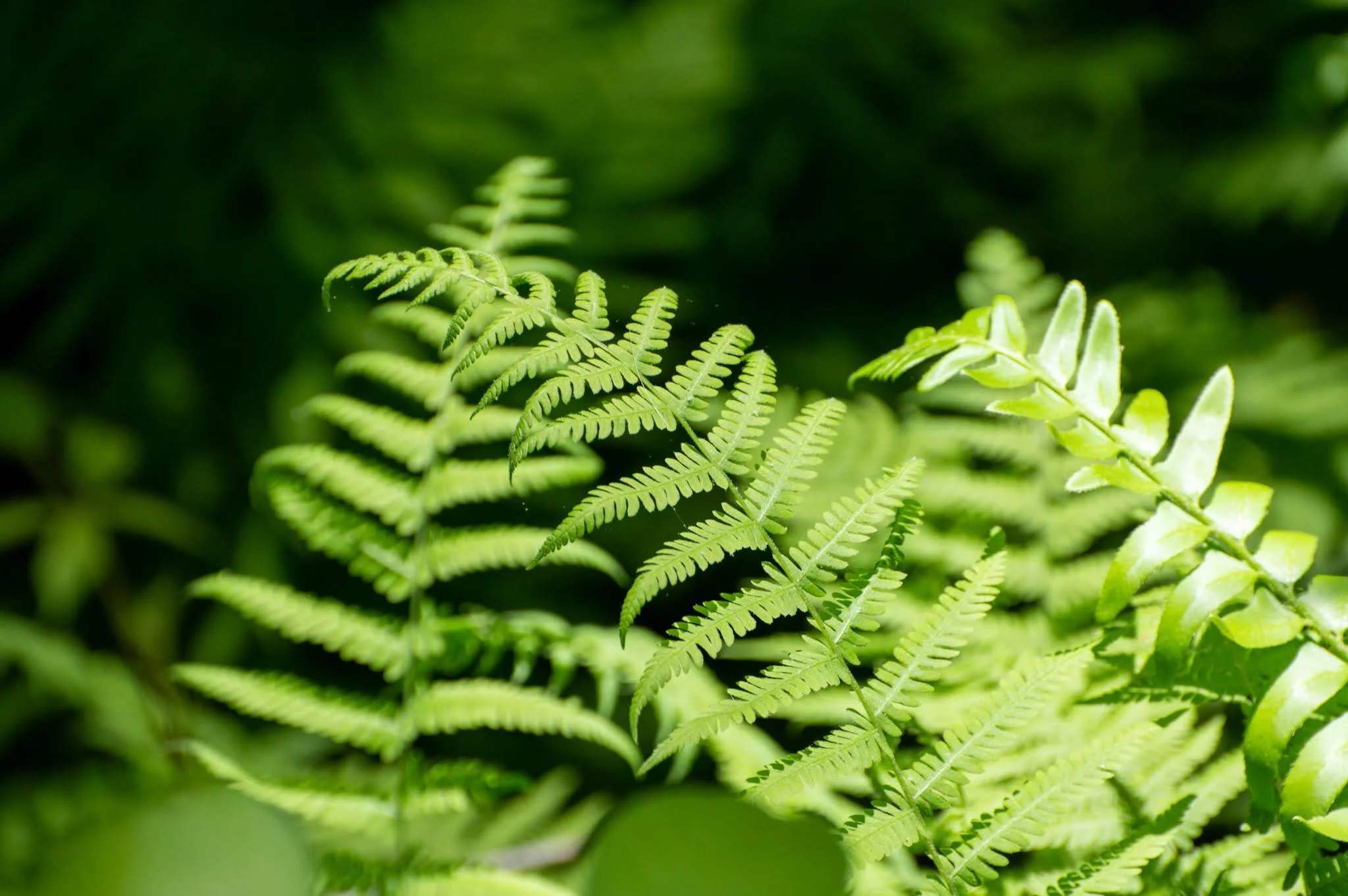
Our Growing Ethos
We grow our plants in a sustainable, environmentally friendly way to make a positive change in both the nursery industry and our local community.
-

No Pesticides. Ever.
Even organic pesticides have a negative impact on pollinators and other beneficial insects. That’s why we don’t use pesticides on any of our plants. By growing our plants outdoors, we allow natural predators to manage any pests that might arise.
-

Low Waste Production.
We reuse all our pots until they break, and will gladly accept returned plastic pots regardless of origin so we can wash and reuse them. Our plants are watered primarily by rainfall and collected rainwater. We use our own compost as a large component of our growing media. Our plants are given minimal fertilizer, only as needed. We do not use greenhouses or other climate-controlled structures.
-

Genetic Diversity.
We aim to grow all of our plants from seed to maintain genetic diversity, which would be lost using vegetative propagation methods. We continually add new sources of seed collected from wild populations. Our wild-collected ecotypes are not found anywhere else in horticulture. This additional genetic diversity helps to future-proof our plants by providing more options for adaptation.
-

Straight Species.
The vast majority of our plants are straight species, not cultivars. This boosts both the genetic diversity and wildlife benefits of our plants. For every cultivar we do offer, we will also offer the straight species of that plant.
-

Locally Adapted Plants.
Our goal is to grow all of our straight species plants from ecotypes adapted to our area. This means they will grow well in local conditions without special care and remain in sync with the life cycles of our native wildlife throughout the year.
-

Naturally Hardy.
All of our plants are grown outdoors year-round. This reduces our carbon footprint while also producing plants which are already adjusted to life exposed to the elements. They will not need to be hardened off, and are less vulnerable to stress after planting compared to plants that have been recently removed from a greenhouse environment. Stressed plants are more prone to pests and diseases, as well as being more likely to die due to transplant shock.
-

Wildlife-friendly Cultivars.
The limited selection of cultivars which we do offer have traits that do not decrease their wildlife value, such as smaller size, disease resistance, and compact habit. We never sell cultivars with traits that are known to reduce wildlife value, such as double-flowers or altered foliage color. While we strongly encourage the use of straight species over cultivars, we also understand that some cultivars are useful in that they allow gardeners to use native species which they might otherwise not be able to plant in their limited space.
-

Ethically Sourced.
We never collect wild plants to sell. All wild-collected seed and vegetative material is collected with permission from private property, and we never collect all the seed of a species found in a natural area. In rare cases, we rescue plants that will be destroyed by development; while we may propagate via seed grown from rescued plants, we do not sell the rescued plants themselves.